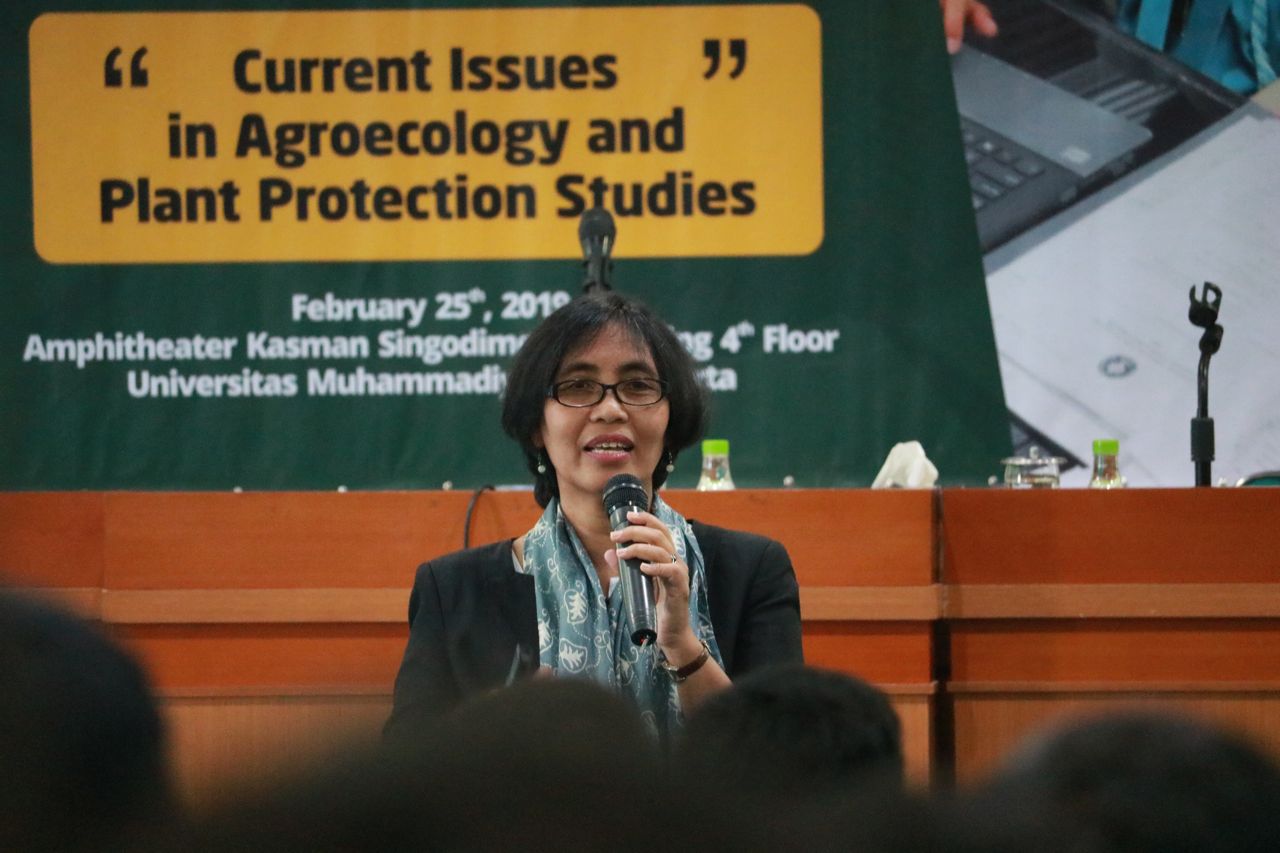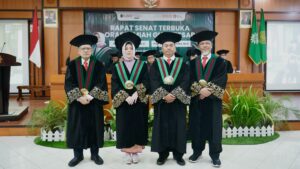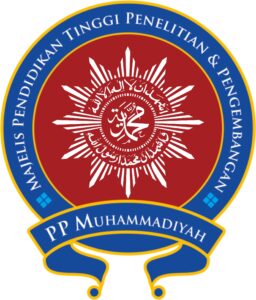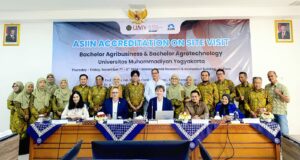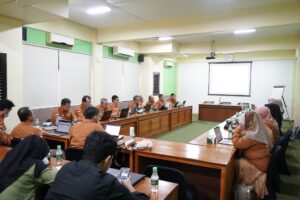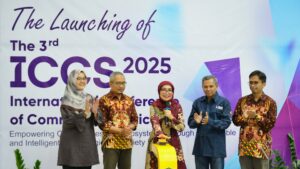Agriculture is an important part of Indonesia’s history and civilization. Even Soekarno once stated that the fate of a country depends on its agricultural sector. With advancement of technology, styles of agriculture have significantly changed, from simple innovation to industrialized one. The change of agricultural styles causes many interpretations in the sector, urging improvement to be implemented perfectly.
“Agriculture has fervently shifted and it is caused by series of revolution that happened lately,” stated Prof. Dr. Damayanti Buchori, Entomologist and Ecologist from Institut Pertanian Boogor (IPB), on a public lecture, held by Department of Agrotechnology of Universitas Muhammadiyah Yogyakarta (UMY). The event was conducted on Monday (25/2) in Kasman Singodimedjo Building and brought “Current Issues in Agroecology and Plant Protection Studies” as a theme.
Damayanti conveyed, “At first, people did various ways of agriculture in one field, but after industrial revolution, people started to do monoculture. Monoculture is a way of farming which farmers only cultivate one plant kind in a field. This kind of farming is a product of industrialization inconveniently suitable to agriculture. There are significant differences between industry and agriculture. For example, in industry, machine is product of a man, its mechanism can be set, and the result is in accordance with the design. On the other hand, in agriculture, nature is not designed by humans, with a process which is not completely comprehensible to humans, the result depends on time, location, and treatment and also involves complex interactions among environment, humans, plants, microorganism, and others,” explained Damayanti.
Damayanti concluded, “No offence, industrialization is bad, but what I emphasize is that we have limitation of knowledge, and what we thought as appropriate science may bring adverse effects for the future. We should be able to accept a fact that science can actually go wrong and we need to prepare ourselves to improve it. We are demanded to define what kind of future we want to create with this kind of development.”
Thus, Agroecology can be a solution to grant the future of agriculture. “In a photosynthetic process and its interaction with environment and other organisms, it is showed that there is a binding connection between them. When one actor goes missing, it will affect the other ones. A concrete example is implementation of clean farming in green revolution. This method is abundantly dependent on pesticide usage, which some serious case can bring side effects. The side effects can be harmful to biodiversity around the plants and can increase the resistance of diseases in the plants. Agroecology tries to find a solution, emphasizing on an environmental approach,” detailed Damayanti.
Damayanti informed that Agroecology also attempts to comprehend a process of a natural system related to ecological phenomena as part of science. In larger perspective, Agroecology desires to solve agricultural problems using environmental approaches and social aspects. These solutions do not only maximize the production, but also ensure that agriculture products remain sustainable. This kind of approach has to be a focus in evaluating the process of agricultural science, especially in the era of industrial revolution 4.0 which now integrates digital platform in every aspect of life, including agriculture.
